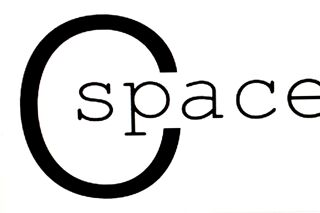In teachers we trust? Re-imagining education to promote teacher agency

At this seminar, the presenters invite you to re-imagine an education environment that promotes teacher's knowledge, judgement and agency.
About this event
This CSPACE Practitioner Education Research Group (PERG) seminar will be led by Victoria Birmingham and Dr Stephen Griffin. Victoria is a doctoral researcher and research assistant at School of Education and Social Work, Birmingham City University. Steve is a senior lecturer and programme leader of MA Education at School of Education and Social Work, Birmingham City University.
Due to the current restrictions, this seminar will run via BCU MSTeams. When you book your ticket, be sure to put your email address in so we can send you the MSTeams link on 20th October.
Title of Victoria's talk:
Primary school Assessment without Levels- perpetuating the myth that teachers’ assessment cannot be trusted
Abstract:
The recent impact of Covid-19 on student exam grades has highlighted tensions between teacher assessments and statutory testing of students. One issue drawn attention to was the trust, or lack of it, placed on teacher assessments of students. This PhD research exploring the impact of the removal of levels on Primary School teachers produced relevant data on these tensions.
Using a mixed method approach of a quantitative survey, and, qualitative interviews in two West Midlands Primary schools with year 2 teachers, year 6 teachers and members of the Senior Leadership Teams, the impact of Assessment without Levels was explored. Findings suggest that the use of statutory testing to hold schools accountable has contributed towards a discourse that teacher judgements lack the objectivity to assess if learning had occurred (Poet et al., 2018). In addition to impacting on the trust that teachers felt they had, such focus on what was testable impacted on the quality of the curriculum taught and the pedagogy used to teach it.
This presentation posits that the interruption caused by Covid-19 has drawn attention en masse to the tensions and conflict found on views of teacher assessment, and therefore, may provide the impetus to address a long standing need within education literature to invest more resources into teacher assessment (TGAT 1988; Marlow et al., 2014, William 2015, James 2017; McIntosh 2019). This is for the sake of student learning- negating wash-back from statutory testing- and providing a more broad and balanced assessment of students as learners and not just test takers.
Title of Steve's talk:
Educational consultancy, teacher agency and displaced professionalism
Abstract:
An analysis of the findings of a doctoral study into the lived experience of the construction and appropriation of learning theory in English schools. This paper draws upon research carried out within a range of educational settings; primary and secondary, academies, faith and grammar schools into the ways in which teachers engage with, and appropriate, new educational theories of learning to learn – many of them informed by current discoveries in Neuroscience. Critical discourse analysis was used to identify key discursive objects from the interview data; this paper therefore discusses how the normalisation of external intervention can lead to the marginalisation of teachers through consultation and displaced professionalities. The paper concludes with an exploration of how this potentially repositions teachers as being increasingly reliant on educational consultancy at the cost of individual and collective agency.